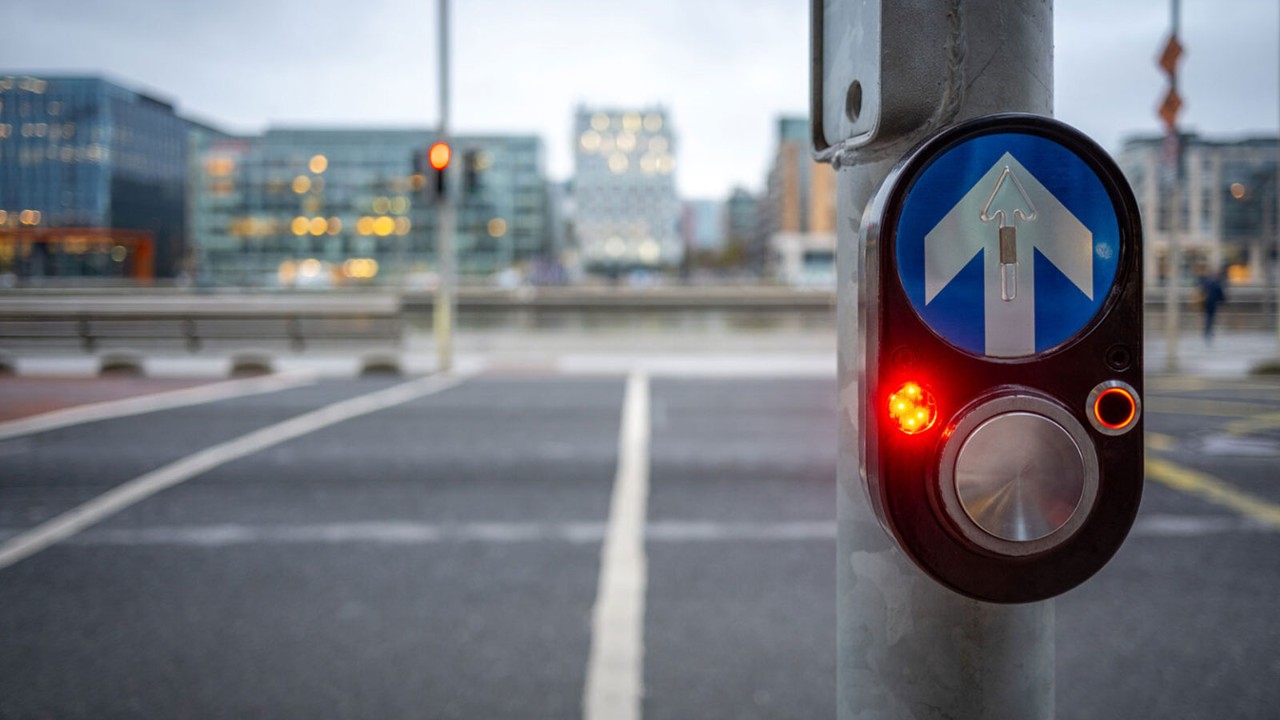
Somewhere along the way over the past few decades, we have lost the ability to build and have yet to grasp fully how much that failure is now costing us.
In Ireland, Britain and other parts of western Europe, a sense of inertia has crept into delivering major infrastructure projects on time, on budget or even at all. Where once we built pioneering energy plants, high-speed rail lines, motorways, airports and even tunnels under the sea, we now struggle to get housing estates or hospital extensions over the line. We pretend this is normal.
Development infrastructure is a test of economic credibility. If a country can’t deliver housing, energy grids or transport links at pace, then it risks losing talent, missing investment and falling behind. For business leaders and policymakers alike, the capacity to build is now a core measure of competitiveness.
Budget boom
For Ireland, money isn’t the problem. The country is awash with cash. The €165bn national development plan was augmented this summer with a further €30bn to alleviate the pressures on the country’s creaking infrastructure.
It now takes 15 years to build a road
Despite that enormous investment budget, only the most optimistic of politicians believe the planned developments can be delivered quickly. A report commissioned by the government from high-level industry experts released in July found that it now takes seven years for a small waste water treatment plant to be built and 15 years for a road.
Ireland is not alone in grappling with this conundrum. The UK too is no longer a country that can build anything at scale and speed. Much needed nuclear power plants take decades to come on line, while the back of Euston station remains home to London’s biggest building site as HS2 becomes a monument to indecision and cost blowouts.
What’s to blame?
So why can’t we do it any more?
It starts with the planning system. Designed to ensure fairness, transparency and environmental protection, it has evolved into an enormous obstacle course. Any major project must navigate planning, environmental impact assessments, multiple layers of public consultation and the near-constant threat of judicial review. That’s before it even gets to procurement and the inevitable cost overruns.
We’ve created a system where inaction is safer than ambition
The legal system partly encourages it. Public consultation has become a veto mechanism for well-organised objectors; some have legitimate concerns, but many simply oppose any and all development. The structure of local and national politics rewards those who shout their opposition the loudest. There are few votes in championing a datacentre, a bypass or a new housing scheme, but plenty of political mileage in appearing to defend local interests.
Add to that a broader cultural fear of getting things wrong. When projects take decades, expectations are sky-high. No one wants to take ownership of something that might not work or might not be popular. So the safest option becomes endless consultation and little progress.
Time to rebalance
This isn’t to say we should throw out environmental protections or deny communities a say in what’s built around them. But we have let the balance shift too far. The result is that we’re not building. We’ve created a system where inaction is safer than ambition.
Capacity to build is a core competitive advantage
The ability to build is a core competitive advantage for any modern economy. Without it, energy security falters, housing supply dries up, labour mobility stalls and the green transition becomes a fantasy.
It wasn’t always like this. We used to be able to build – during a time when there were fewer resources but a bias towards action. What’s needed now is a national effort to break the gridlock. That means reforming planning systems, rebalancing public consultation and taking the legal veto out of infrastructure. The public sector must relearn how to take risks. And the public must be persuaded that delivery, not delay, is for the common good.


